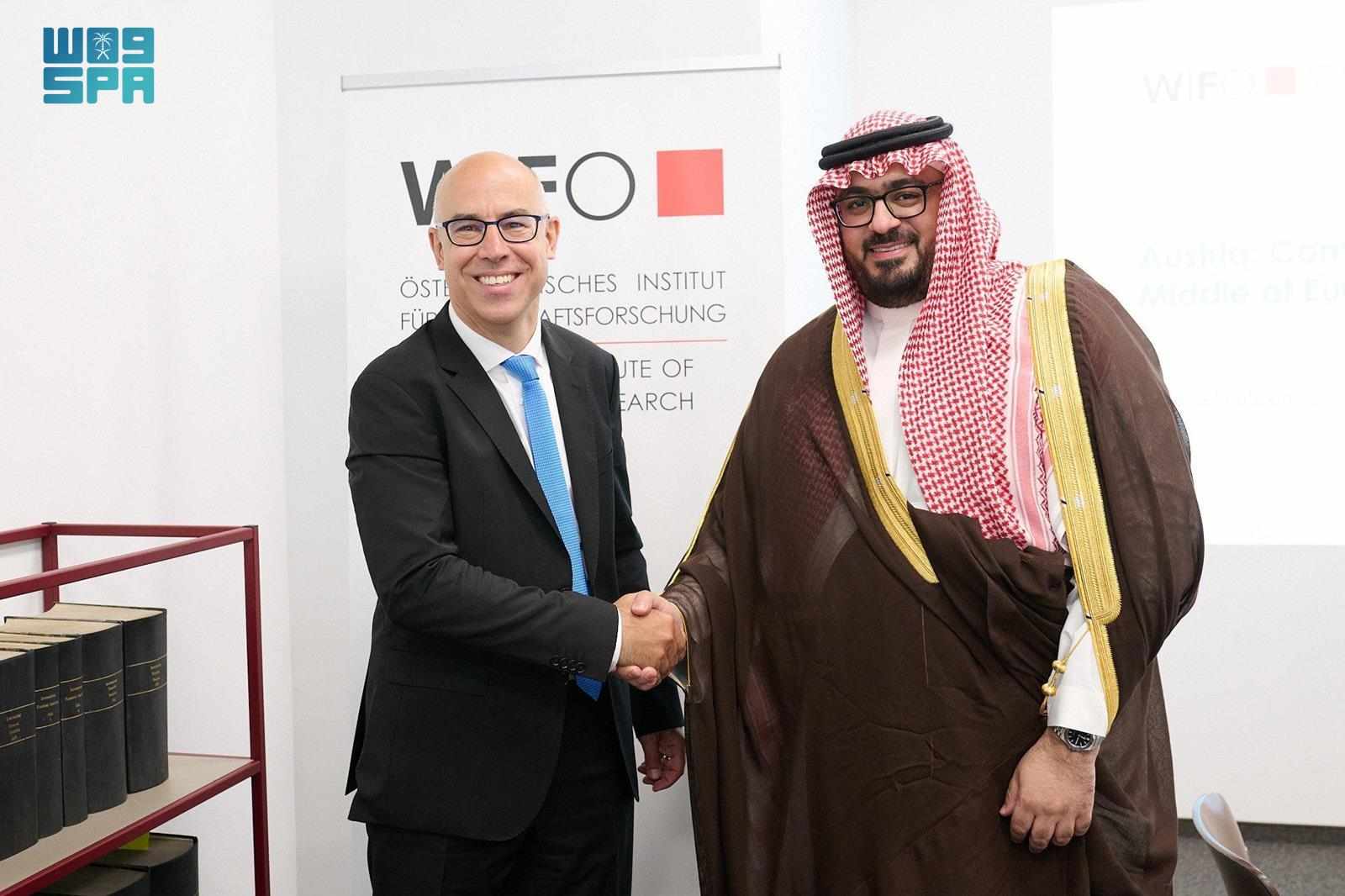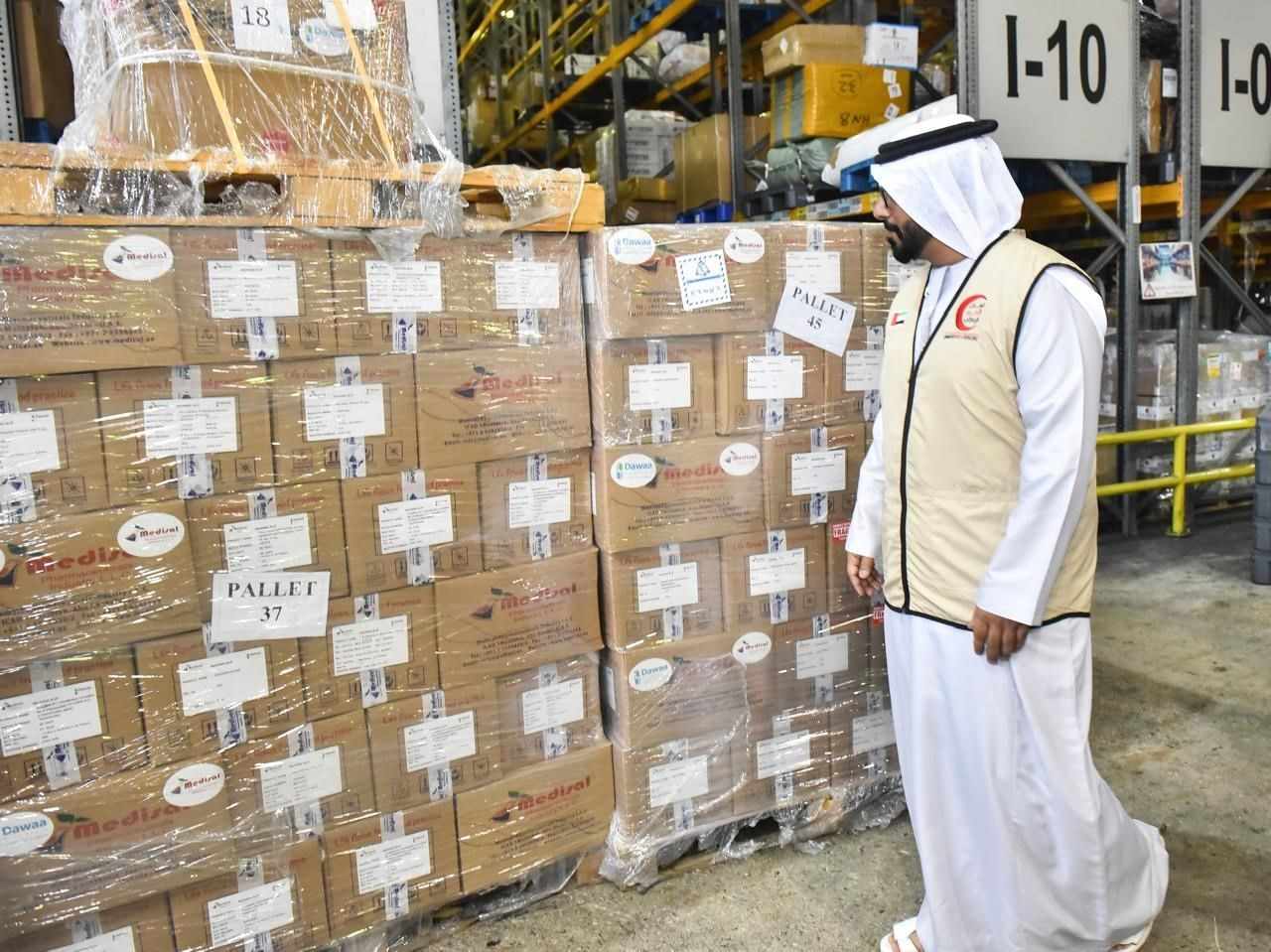Institutional vacuum complicates economic crisis in Lebanon
- Date: 24-Nov-2022
- Source: Naharnet
- Sector:Financial Services
- Country:Lebanon
Institutional vacuum complicates economic crisis in Lebanon
"This is not an electoral process, it's a process of waiting for compromise that is to the detriment of the country, the people, the economy and the constitution," said MP and Kataeb party chief Sami Gemayel.
Gemayel decried the results of a seventh parliamentary session that failed again Thursday to elect a successor to former president Michel Aoun, even though the vacancy is hampering efforts to rescue the stricken economy.
There have been delays in electing previous Lebanese presidents.
Aoun's own election in 2016 followed a more than two-year vacancy at the presidential palace as lawmakers made 45 failed attempts before reaching a consensus on his candidacy.
But the failure to elect a successor to Aoun before his mandate expired at the end of last month came with Lebanon mired in an economic crisis the World Bank has dubbed one of the worst in modern history.
The country has also had only a caretaker government since May, despite warnings from creditors that sweeping reforms need to be enacted to clear the way for the release of billions of dollars in emergency loans.
"An unprecedented institutional vacuum will likely further delay any agreement on crisis resolution and critical reform ratification, deepening the woes of the Lebanese people,"


















